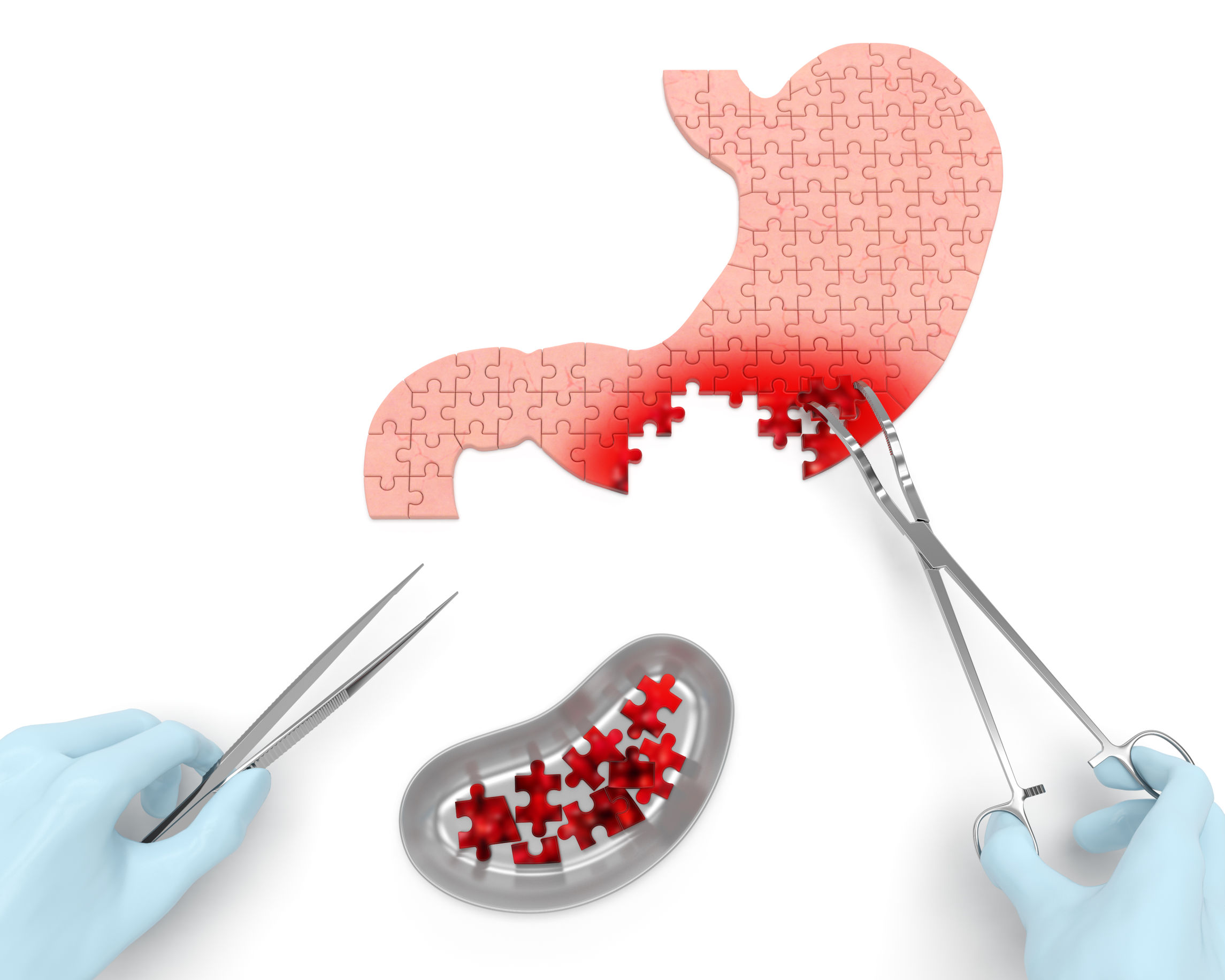
Bladder Cancer
The bladder is a part of the lower urinary tract system, which consists of bladder, urethra, prostate gland in males, and reproduction organ. The bladder works to receive the urine from the kidney that goes through the ureter. Then, it is accumulated and expelled from the body via the urethra. Bladder cancer comes from the abnormal division in the inner cell membrane of the bladder that eventually becomes a tumor and cancer. In case of invasion, the cancer cell will spread deep into other layers of the bladder wall and might spread to other tissues and organs, for example, lymph node gland, bones, lungs, and liver. Symptoms that are commonly found in patients with bladder cancer are: Blood in urine with no pain is a common symptom. Abnormal urination, such as pain during urination, frequent urination, stinging sensation, or loss of urination control. Symptoms from cancer cells spreading to other organs, such as lower back pain, bone pain, feeling lymph node, swollen feet, fatigue, loss of appetite, and weight loss. Risk factors of bladder cancer Normally, bladder cancer can be found in people aged 40 years and above. However, at present, it is occurring more in younger people and more in males more than females. The main risk factors that can cause the disease are: Cigarettes, including smokers, persons inhaling the toxic fumes from smokers, and those who used to smoke. Exposed to some types of chemicals for a










